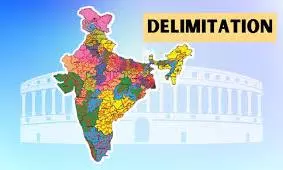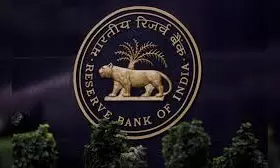AA Edit | Go beyond Assembly resolutions
The Tamil Nadu Assembly also passed a resolution against the Waqf Bill while pointing out that it would be unfair to Muslims;

The Telangana Assembly passed a resolution opposing the Centre’s proposal to carry out delimitation of Lok Sabha constituencies. This comes in the wake of a similar resolution passed in the Tamil Nadu Assembly against the process of delimitation based on the sole criterion of population numbers.
The Tamil Nadu Assembly also passed a resolution against the Waqf Bill while pointing out that it would be unfair to Muslims. Of course, Tamil Nadu may have set a record of sorts in having also passed resolutions against the national applicability of the medical entrance test Neet, the sharing of Cauvery waters by Karnataka, the “One Nation, One Poll” proposal and the UGC draft regulations, all of them quite recently.
Assembly resolutions have no legal or other binding on legislation passed in Parliament. Even so, they do carry a strong political message on how different viewpoints on many crucial issues that have a bearing on the nation and the states are being ignored while the ruling alliance at the Centre goes ahead passing Bills with its majority in Parliament.
The process of delimitation has a Constitutional mandate, and the ruling parties can go ahead with it, but the point is that the issue can also be discussed in depth with all stakeholders before it is carried out. The same could be said of the Waqf Bill, however convincing some of the reasons for its introduction in Parliament may be.
The problem is that none of the significant issues seem to be up for serious discussion and debate in Parliament, which often gets stuck in extended walkouts and boycotts after procedural wrangling with the presiding officers or demonstrative Opposition members.
In the absence of an open approach that takes into consideration all points of view before legislation, it is only political polarisation that keeps rising. No one can question the right of a parliamentary majority to pass laws. What India needs is a bipartisan approach in the legislative process so that unilateralism does not take away the sheen of democracy.


